GENOTIPAGEM DE POLIMORFISMOS DO GENE PARK2 EM AMOSTRAS DE CÂNCER DE OVÁRIO
INTRODUCTION: Ovarian cancer is a malignant tumor characterized by rapid cell proliferation and metastasis potential. This study aims to investigate the genotyping of PARK2 gene polymorphisms in ovarian cancer samples, contributing to the understanding of its association with disease progression. AIMS: The main objectives of this study were to extract DNA from ovarian cancer tissue samples, propose adjustments to the DNA extraction protocol, if necessary, genotype the PARK2 gene polymorphisms, draft standardized DNA extraction protocols, and maintain detailed records of the quantity and quality of the DNA samples obtained. MATERIALS AND METHODS: Twenty-three ovarian cancer samples were evaluated, with DNA extracted using a specific protocol. The DNA samples were quantified and genotyped using TaqMan fluorescence-based allelic discrimination. The polymorphisms analyzed were rs2023004, rs6930532, rs2803073, and rs1801474. The methodology was designed to ensure high accuracy and reproducibility of the genotyping results. RESULTS: DNA extraction was successful in all samples, yielding adequate concentrations of genetic material. Genotyping produced satisfactory results after several attempts and contamination corrections. The protocols used were effective and did not require significant adjustments, ensuring the reliability of the extracted DNA for subsequent analysis. Additionally, storing the samples at -20°C preserved their quality over time, confirming the robustness of the storage conditions and protocols implemented. FINAL CONSIDERATIONS: The study demonstrated the feasibility of DNA extraction and genotyping in ovarian cancer samples using standardized protocols. Maintaining sample quality and the effectiveness of the methods employed ensured consistent results, contributing to future research in the field of oncogenetics. These findings may potentially aid in understanding the molecular mechanisms involved in ovarian cancer progression and in identifying potential therapeutic targets. Furthermore, the successful standardization of protocols provides a valuable framework for similar studies in the future, enhancing the reproducibility and comparability of genetic research in ovarian cancer.
KEYWORDS: ovarian cancer; allelic discrimination; PARK2; tag-SNP; genetic polymorphism




